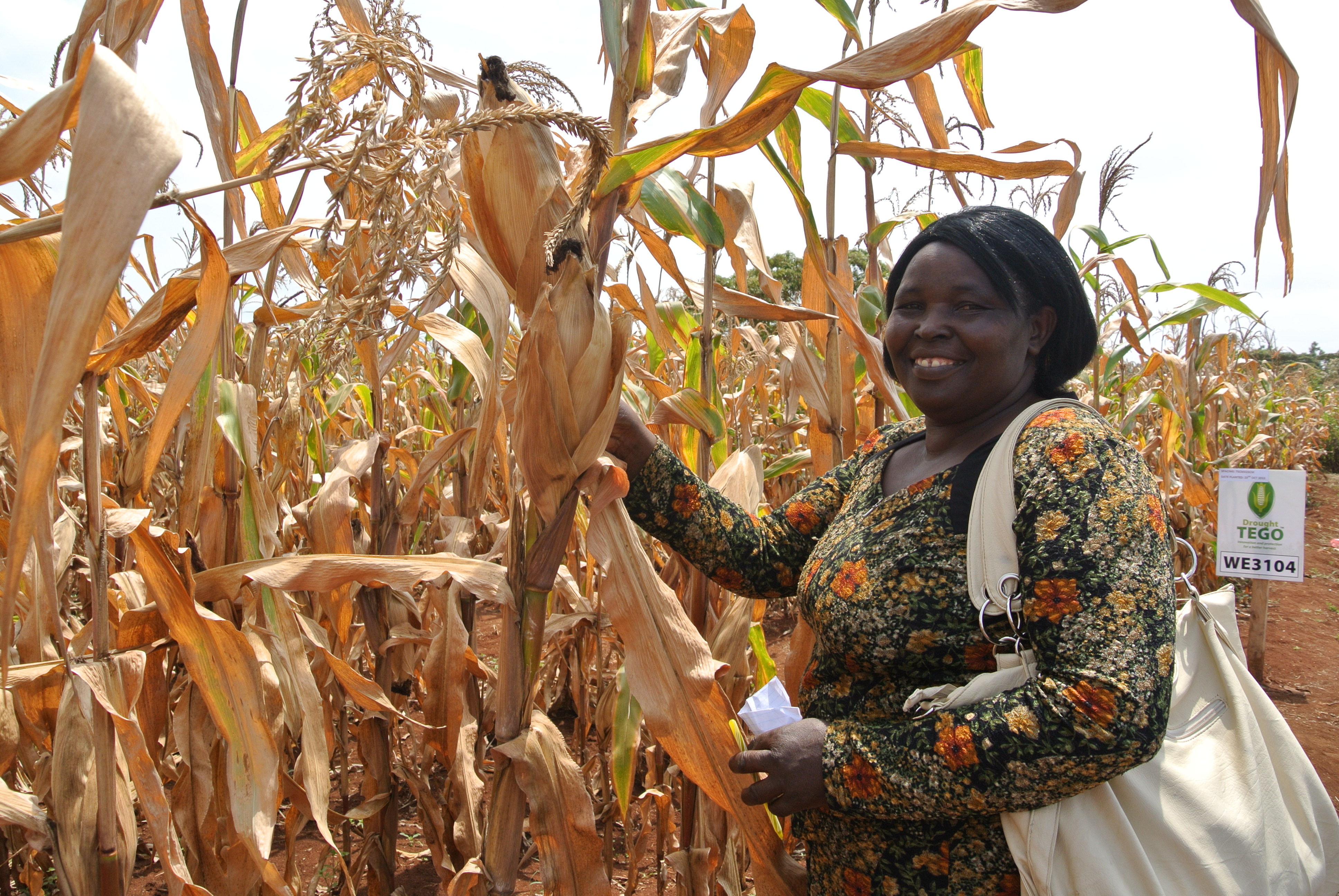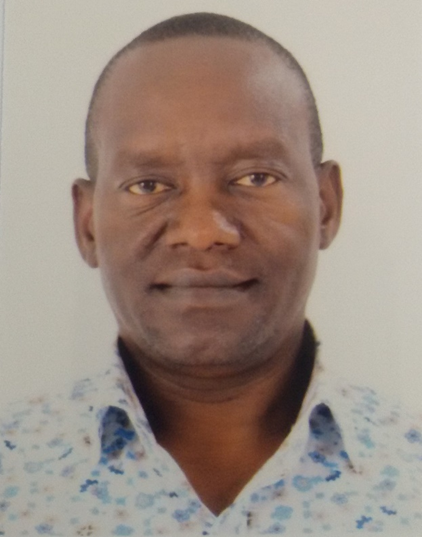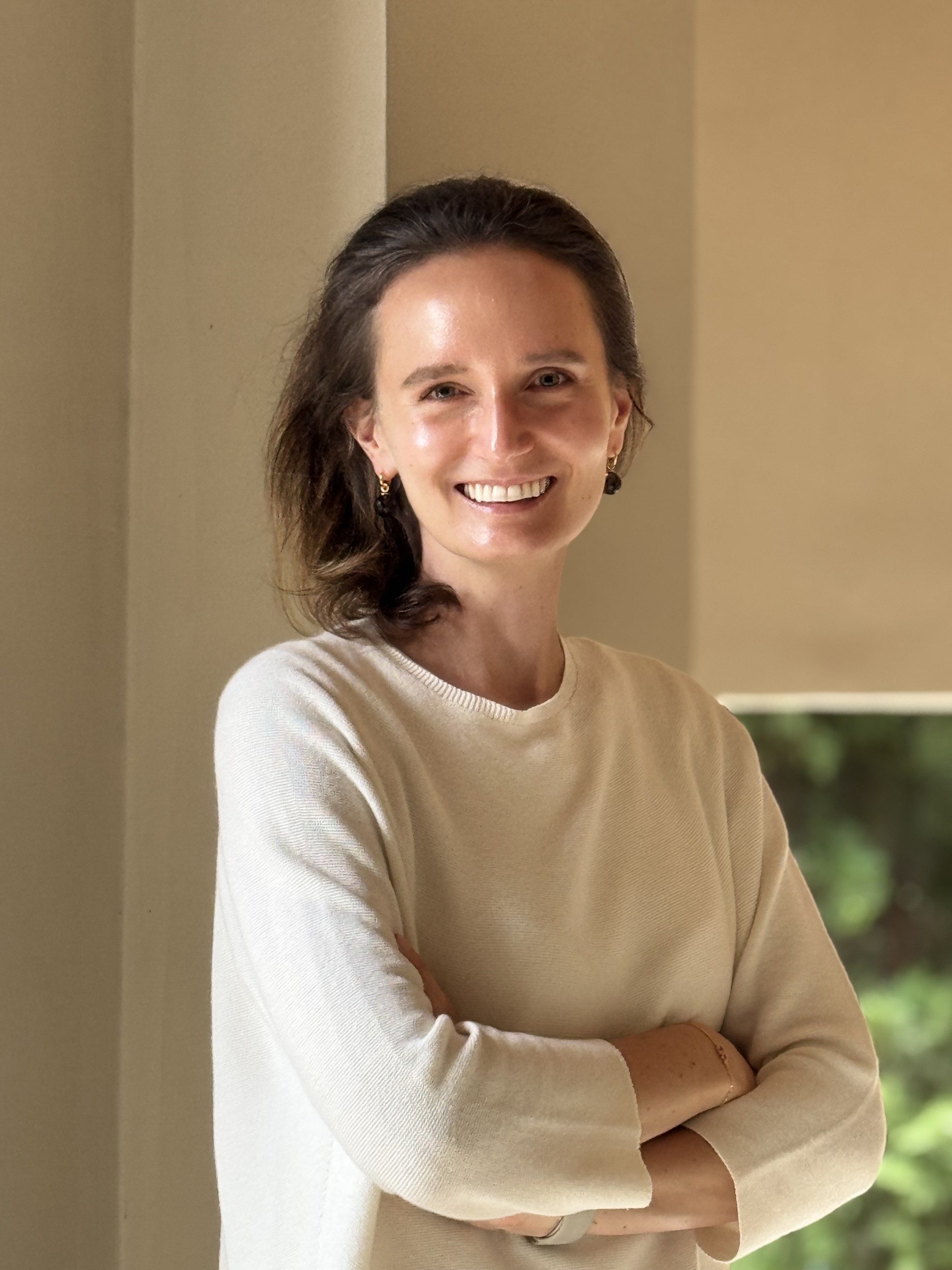
(Nairobi, Kenya, May 2024) – A ground-breaking study conducted by AATF and partners across five northern States of Nigeria including Adamawa, Kaduna, Nasarawa, Niger and Taraba have shed light on the gender dynamics shaping maize production in the region.
The study sought to understand the low adoption of hybrid seeds on maize production in Nigeria, providing valuable insights into the socio-economic attributes, challenges, and preferences of farmers from a gender perspective.
Farmers in Nigeria have over time relied on open-pollinated varieties (OPVs), which have low yield potential and are vulnerable to pests, diseases, and drought stress. The slow adoption of maize hybrid seeds has been attributed to the smallholder farmers’ tendency to recycle their grains as seeds, limited knowledge of the benefits of hybrid seeds, misconception on the value proposition versus pricing, and limited availability of hybrid maize varieties in key maize-growing areas.
The report, titled “Gendered Insights into Maize Production in Northern Nigeria,” and published in the International Journal of Agriculture and Technology was conducted by researchers based in Nigeria, Kenya, and Zambia.
Its production was supported through the TELA Maize Project, the Bill and Melinda Gates Foundation (BMGF), and the US Agency for International Development (USAID).
Throughout the study, male farmers were seen to prioritize high yield potential and pest tolerance maize varieties, while female farmers preferred seed attributes that have better tastes and have early maturity for household consumption.
These results laid more weight to the claim that male farmers see maize more as an economic crop whose value can be adjudged majorly by its productivity while women farmers saw maize as a staple cereal more for household consumption whose taste must appeal to the consumers and should mature early for consumption.
According to the lead researcher, Dr. Moses Adeolu Adebayo of the Department of Crop and Animal Science at Ajayi Crowther University in Nigeria smart subsidies should be introduced to address the issue of high prices of good quality seeds and the limited availability of fertilizers to make these inputs more available and affordable to maize farmers
“The findings reflect the gendered differences in decision-making between male and female farmers in the selected States of northern Nigeria in the choice of the maize varieties to grow and the importance of mainstreaming gender when it comes to participatory selection of hybrids and providing support to farmers to enhance maize production by all genders,” the report notes.
The study also sheds light on the average size of farms under which different genders undertake maize production, with women-led households on average cultivating maize on 1.8 ha of farmland of which they allocate less than 1.0 ha for maize cultivation compared with the male-led households who cultivated on average, 4.0 ha of maize crop. This translated to less earnings for women-led households.
The report recommends the importance of mainstreaming gender when it comes to the participatory selection of hybrids and providing support to farmers to enhance maize production by all genders.
It calls for the government and other stakeholders that are championing the adoption of hybrid maize varieties to increase their sensitization drive among the maize farming communities and to consider the available safe spaces for all genders on the values that hybrid maize varieties.
########
About AATF (www.aatf-africa.org)
Founded in 2003 to address Africa’s food security prospects through agricultural technology, AATF believes that the agricultural sector is a key foundational pillar as Africa consolidates its economic growth and carves out its new position as a major global economic powerhouse and the next growth market in the world. It was formed in response to the need for an effective mechanism that would facilitate and support negotiation for technology access and delivery and the formation of appropriate partnerships to manage the development and deployment of innovative technologies for use by smallholder farmers in Sub-Saharan Africa.
For more information contact:
George Achia, Communications Officer, East and Southern Africa, AATF; g.achia@aatf-africa.org +254 785334163





















































































